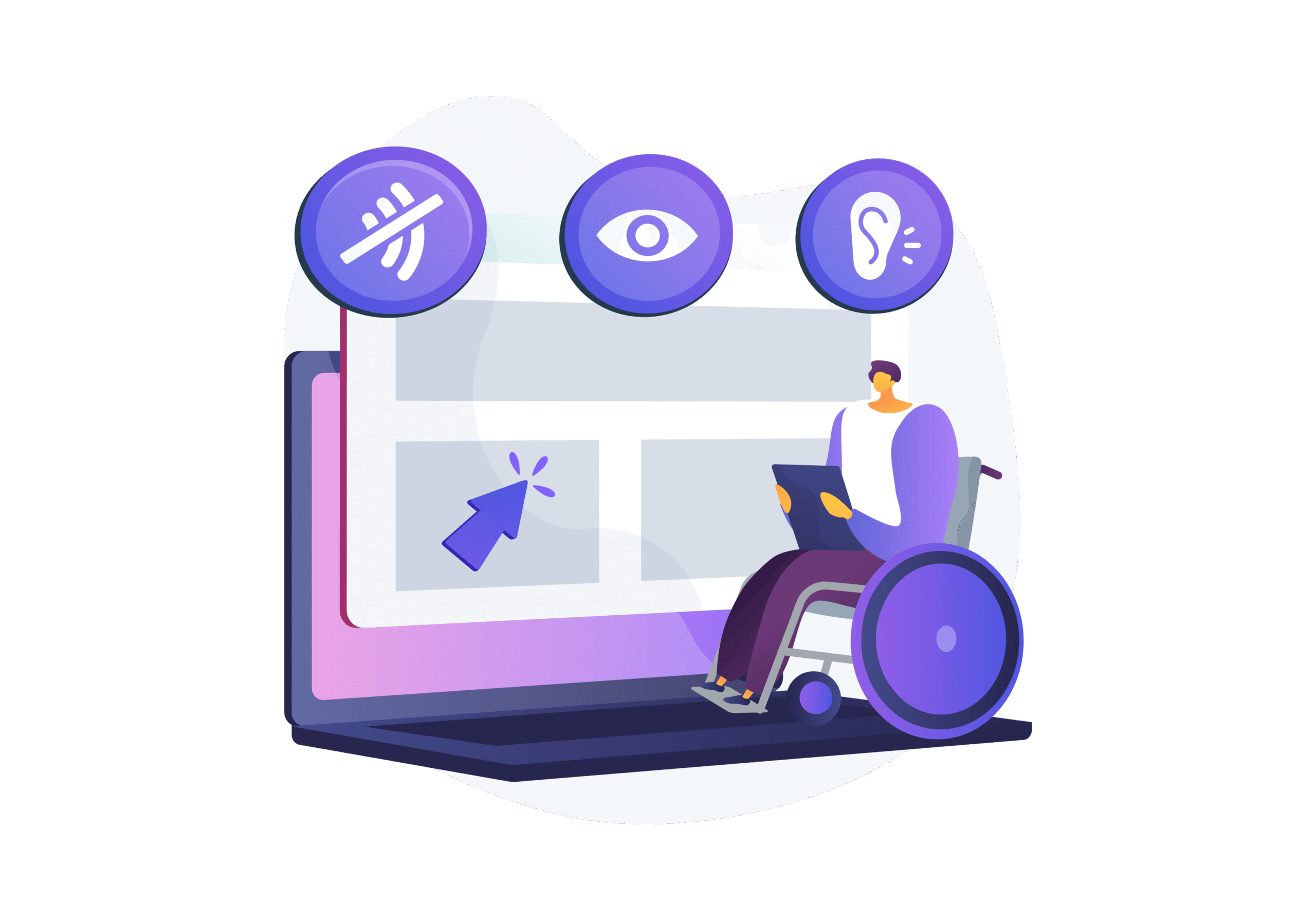The digital age has transformed how people communicate, learn, shop, and access essential services. With this transformation comes the responsibility to ensure that websites are usable by everyone, including individuals with disabilities. Accessibility is not only a moral duty but also a legal expectation, particularly under the Americans with Disabilities Act. Many organizations overlook this critical aspect, leading to barriers that exclude a significant portion of the population. Website accessibility services provide the expertise and tools necessary to remove those barriers and ensure that online platforms are inclusive, functional, and compliant with established standards.
Understanding the Concept of Accessibility in the Digital Space
Accessibility in the online environment means that all users, regardless of their abilities, can navigate, interact with, and understand digital content. This encompasses everything from readable text and clear navigation to captioned videos and screen reader compatibility. Website Accessibility Services address these needs by analyzing websites for barriers and providing solutions that make every element accessible. When accessibility is considered at every stage of web development and content creation, businesses can ensure that they serve diverse audiences effectively and fairly.
The Legal Risks of Ignoring Accessibility
The rise in lawsuits targeting businesses for non-compliant websites demonstrates the importance of accessibility. Companies that fail to meet established guidelines face legal battles, financial penalties, and reputational harm. Beyond legal consequences, inaccessibility sends a damaging message to customers that inclusivity is not a priority. Website accessibility services help mitigate these risks by aligning digital platforms with recognized standards such as the Web Content Accessibility Guidelines. Through audits, remediation, and continuous support, businesses can stay ahead of compliance requirements while fostering a culture of inclusion.
How Website Accessibility Services Work
These services typically begin with an audit that examines the structure, content, and functionality of a website. Specialists use both automated tools and manual testing to identify barriers such as missing alternative text, poor color contrast, inaccessible forms, or videos without captions. After identifying issues, a remediation plan is developed and implemented, ensuring that the website becomes accessible across devices and assistive technologies. Ongoing monitoring and periodic audits are also crucial, as websites constantly evolve with new features and content. Website accessibility services may also provide training so that in-house teams can maintain compliance moving forward.
The Broader Benefits of Accessibility
While accessibility is essential for users with disabilities, improvements often enhance the experience for all users. Features such as keyboard navigation, captions, and structured layouts make websites easier to use universally. Accessibility also aligns with search engine optimization practices, boosting rankings and visibility. Clear content hierarchy, alternative text, and fast-loading websites not only help screen readers but also improve indexing by search engines. By investing in website accessibility services, organizations benefit from greater reach, stronger customer loyalty, and a positive reputation for inclusivity.
Accessibility as a Competitive Advantage
Businesses today face stiff competition in digital spaces. Standing out requires more than attractive design and strong marketing; it requires inclusivity. Customers are increasingly drawn to companies that demonstrate social responsibility and inclusivity. Offering accessible platforms can set a business apart, showcasing values that resonate with modern consumers. Website accessibility services enable organizations to achieve this by ensuring that every visitor has an equitable experience. In many industries, accessibility can also open up new customer bases that competitors may have neglected, creating a powerful strategic advantage.
Long-Term Strategies for Accessibility Success
True accessibility goes beyond fixing immediate issues. It requires embedding inclusive practices into every stage of digital strategy. After initial improvements, organizations must integrate accessibility into future design and development processes. This may include regular audits, employee training, and adopting accessibility-first design practices. Website accessibility services often provide frameworks and guidance to sustain compliance over time. By prioritizing long-term strategies, businesses not only maintain accessibility but also reduce future costs, avoid risks, and strengthen their brand’s commitment to inclusion.
FAQs
What are website accessibility services?
They are professional solutions designed to evaluate, improve, and maintain digital platforms so that they are usable by individuals with disabilities and compliant with legal standards.
Why are website accessibility services important?
They ensure that businesses comply with laws, avoid lawsuits, improve user experience, and reach wider audiences by removing barriers that prevent access.
How do website accessibility services improve SEO?
Many accessibility improvements overlap with SEO practices, such as structured content, alt text for images, and optimized navigation, which help boost visibility in search rankings.
Can small businesses benefit from website accessibility services?
Yes, small businesses can face the same legal risks as larger companies and stand to gain loyal customers by offering inclusive digital experiences.
Are website accessibility services a one-time solution?
No, accessibility is an ongoing process that requires regular audits, monitoring, and integration into future content and design updates.
Do accessibility improvements only benefit users with disabilities?
No, features like simplified navigation, captions, and mobile-friendly designs improve usability for all users, enhancing overall experience and satisfaction.
Conclusion
Accessibility is no longer optional in the digital world; it is an essential part of responsible business practices. By investing in website accessibility services, companies protect themselves from legal risks, improve user satisfaction, and demonstrate a commitment to inclusion. Accessibility creates opportunities for growth, strengthens brand reputation, and ensures that no user is left behind. Organizations that embrace inclusivity will thrive in today’s competitive marketplace, while those that ignore it risk falling behind. If you are ready to make your digital platforms accessible and compliant, Contact us today to learn how EcomBack can provide tailored solutions that support both compliance and long-term business success.

